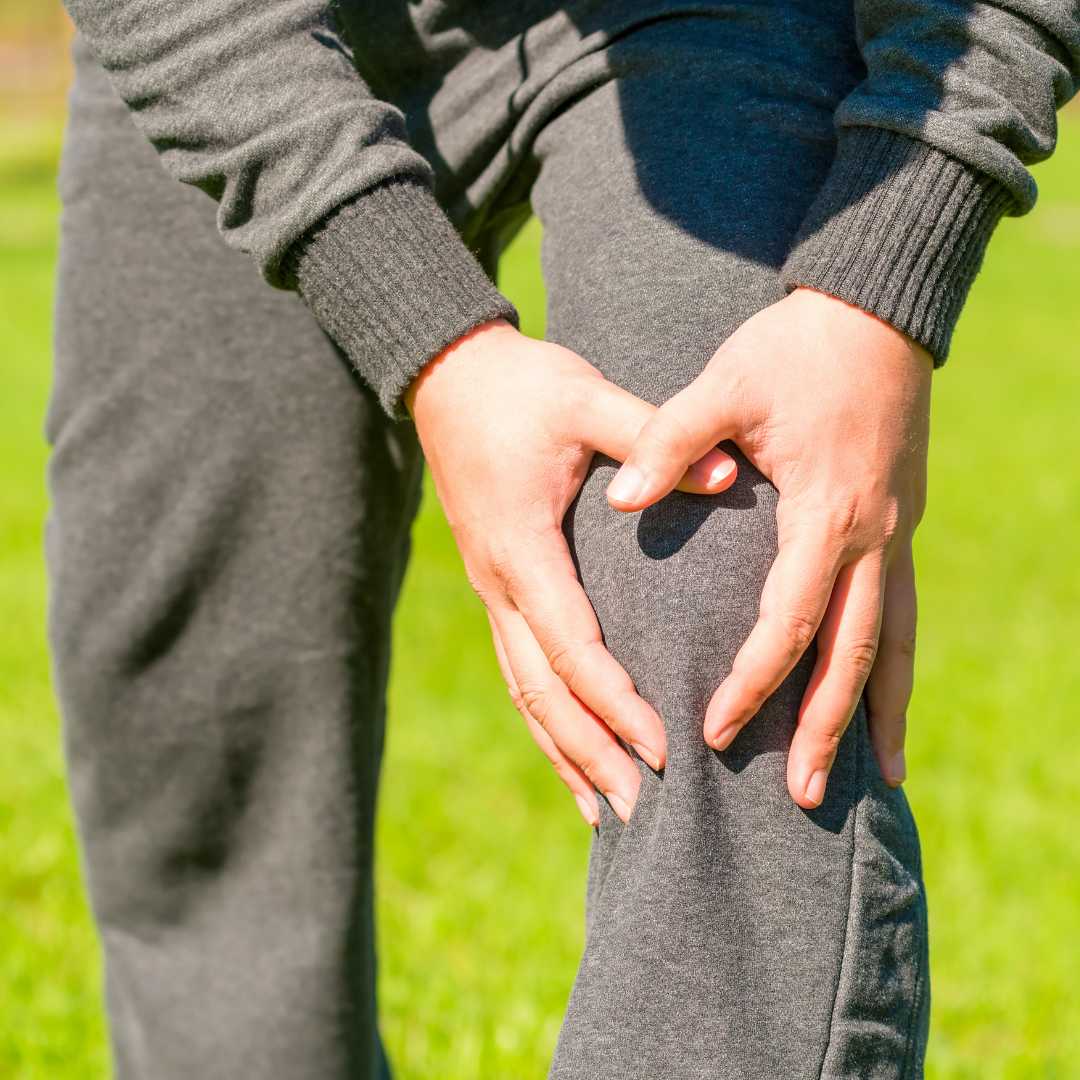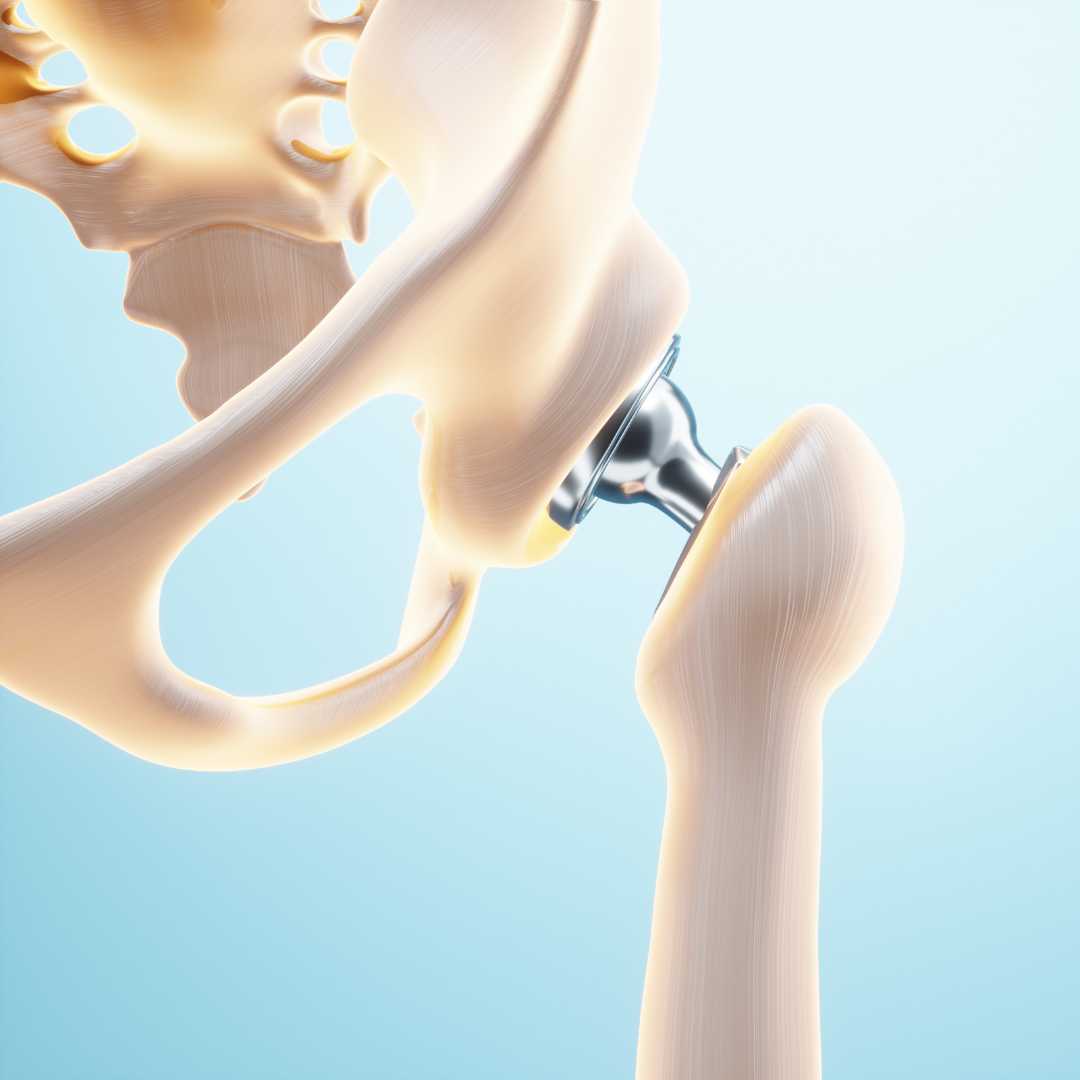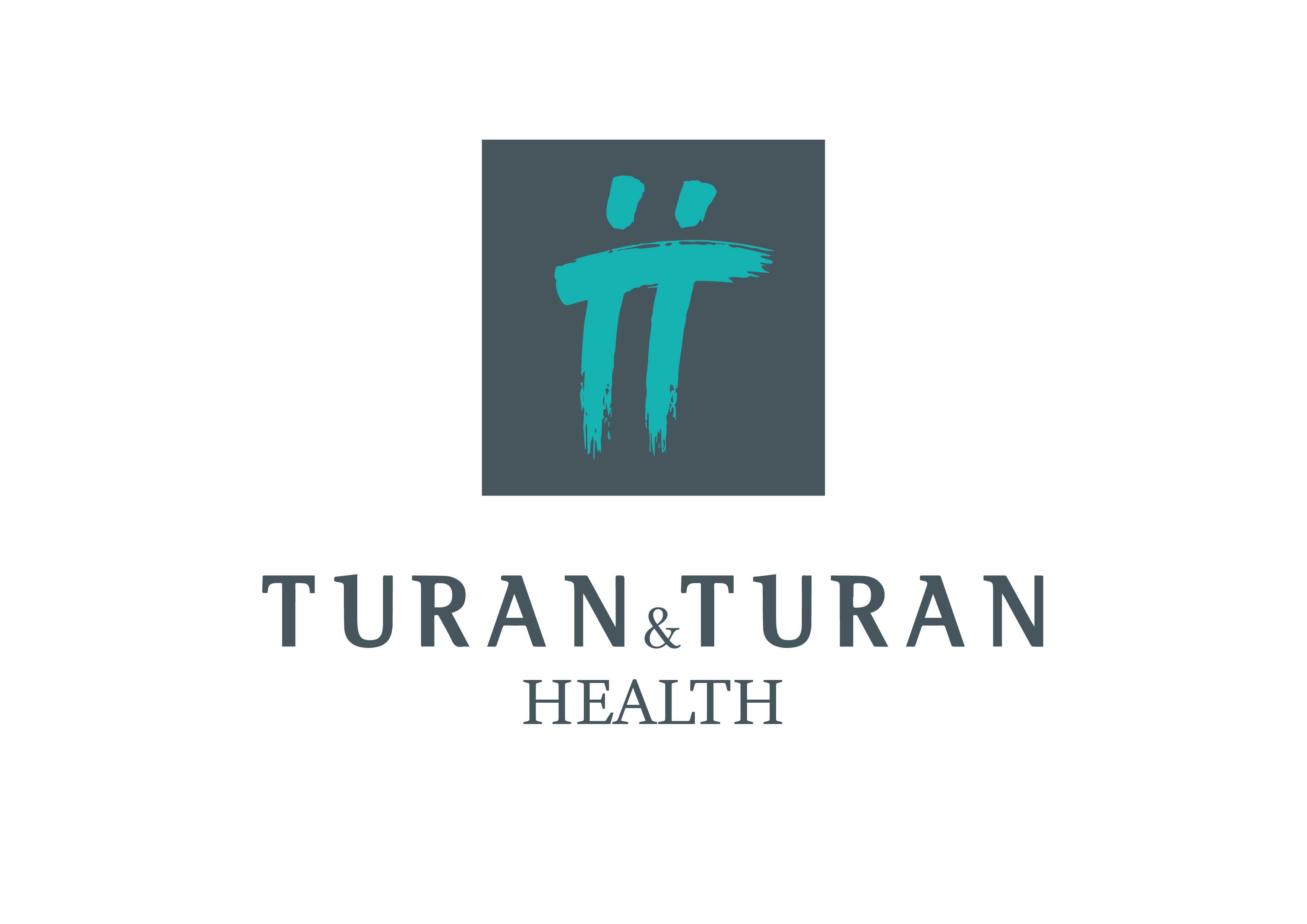Things I Wish I Knew Before Knee Replacement in Turkey
.png)
Considering knee replacement surgery in Turkey can be both hopeful and daunting. The country offers world-class orthopedic care at significant savings. This guide provides essential insights—from choosing surgeons and hospitals to understanding recovery abroad—so you can make informed decisions and ensure a smooth, successful journey toward a pain-free future.
What is knee replacement surgery?
Why is Turkey a popular choice for knee replacement?
If you’re considering knee replacement surgery abroad, Turkey stands out as a top destination. Here’s why:
-
Turkey has become a leading hub for orthopedic surgery due to significant healthcare investments.
-
Cities like Istanbul, Ankara, and Izmir have JCI-accredited hospitals, ensuring high standards of quality and safety.
-
Hospitals are equipped with advanced technology, including robotic-assisted surgical systems.
-
Turkish orthopedic surgeons are often internationally trained and perform a high volume of joint replacement surgeries annually.
-
Patients can access care comparable to Western countries at a fraction of the cost, making knee replacement surgery in Turkey an attractive option.
How much does knee replacement surgery cost in Turkey?
While significantly more affordable, the cost of a knee replacement in Turkey can vary based on several factors. The reputation of the surgeon and hospital, the type of implant used (e.g., premium brands like Zimmer Biomet or Stryker), and the complexity of the surgery all play a role. Many hospitals offer comprehensive packages designed for international patients, which simplifies the process. It's crucial to get a detailed quote that specifies exactly what's included. A typical package often covers:
- Surgeon and anesthesiologist fees
- High-quality knee implant (prosthesis)
- All pre-operative tests (blood work, X-rays)
- Hospital stay (typically 3-5 nights)
- Initial in-hospital physical therapy
- Airport and clinic transfers
- Hotel accommodation for a portion of your stay
Always clarify what is not included, such as flights, meals outside the hospital, and extended physical therapy.
How do I choose a reputable hospital and surgeon in Turkey?
Choosing the right hospital and surgeon is crucial for safety and success. Prioritize JCI-accredited hospitals, check surgeons’ credentials, experience, and specialization, review patient testimonials, and schedule a video consultation to ask questions and assess communication.
What types of knee implants are used in Turkey?
Many patients worry about implant quality abroad, but top Turkish hospitals use the same globally recognized knee prostheses as at home. These implants are durable, often lasting 20+ years. During your consultation, ask which brand and model your surgeon recommends based on your age, activity, and anatomy.
| Implant Brand | Common Models/Systems | Key Features |
|---|---|---|
| Zimmer Biomet | Persona Knee, Vanguard Knee | Known for personalized fit and advanced bearing surfaces. |
| Stryker | Triathlon Knee, Mako Robotic-Arm Assisted | Focus on natural knee motion and robotic precision. |
| DePuy Synthes (J&J) | Attune Knee System | Designed for stability through a wide range of motion. |
| Smith & Nephew | Journey II, Legion Knee | Emphasizes anatomical design to replicate natural knee function. |
How long do I need to stay in Turkey for the surgery?
What is the recovery and rehabilitation process like in Turkey?
Active recovery is key. The modern approach to knee replacement is early mobilization. A physical therapist will get you out of bed and walking with the help of a walker or crutches within 24 hours of your surgery. While in the hospital, you'll have one or two sessions per day. After discharge, you will transition to an outpatient clinic. The focus of these initial weeks is on:
- Managing pain and swelling
- Exercises to restore range of motion (bending and straightening the knee)
- Strengthening the muscles around the knee (quadriceps and hamstrings)
- Practicing walking with a proper gait and navigating stairs
This early, intensive therapy in Turkey lays a critical foundation for your continued recovery back home.
Is robotic-assisted knee replacement available in Turkey?
What are the risks of knee replacement surgery abroad?
How do I manage the language barrier?
Language barriers are a valid concern, but reputable Turkish hospitals manage this well. You’ll have an English-speaking international patient coordinator to help with appointments, translations, and logistics. Many surgeons and nurses also speak English, so communication about your care should be smooth. Learning a few basic Turkish phrases is a bonus but not essential.
What should I prepare and pack for my trip?
Practicality and comfort should be your packing mantra. After surgery, you will not want to fuss with tight or complicated clothing. Essential items to pack include:
- Loose clothing: Think shorts, wide-leg sweatpants, and loose dresses or skirts.
- Supportive, slip-on shoes: You will not be able to bend down to tie laces.
- A small backpack or cross-body bag: To keep your hands free when using a walker or crutches.
- All prescribed medications: Bring them in their original bottles, along with a list from your doctor.
- Medical documents: Copies of your pre-operative tests, medical history, and correspondence with the Turkish hospital.
- Comfort items: Books, an e-reader, headphones, and a travel pillow can make your hospital stay and recovery more pleasant.
Will I need someone to travel with me?
Having a travel companion during major surgery abroad is invaluable. They assist with logistics, communication, and emotional support. If alone, choose a medical package with a dedicated patient host and post-op care.
How painful is the recovery process?
Managing post-operative pain is key. Hospitals use IV pain relief, nerve blocks, and oral medications to keep you comfortable for physical therapy. Pain usually eases to soreness within 1–2 weeks, and icing plus elevation helps reduce swelling.
How soon can I expect to see the results?
Recovery is a gradual process. Pain relief is often immediate, but surgical swelling lasts a few weeks. Walking without aid usually occurs by 4–6 weeks, with ongoing physical therapy to rebuild strength and mobility. Full results can take up to a year, so patience and dedication are key.
What happens if there is a complication after I return home?
Post-operative planning is crucial. Notify your family doctor or local orthopedic specialist about your surgery and share your surgeon’s report. Consult your Turkish surgeon remotely for minor issues, but seek immediate local care for serious concerns like infections or blood clots.
Ready to take the next step toward a pain-free life? PlacidWay can connect you with leading JCI-accredited hospitals and highly experienced orthopedic surgeons in Turkey. Explore your options, get personalized quotes, and plan your knee replacement journey with confidence and support.


.png)

-Treatment-Package-in-Izmir,-Turkey.png)


.png)
.png)








Share this listing